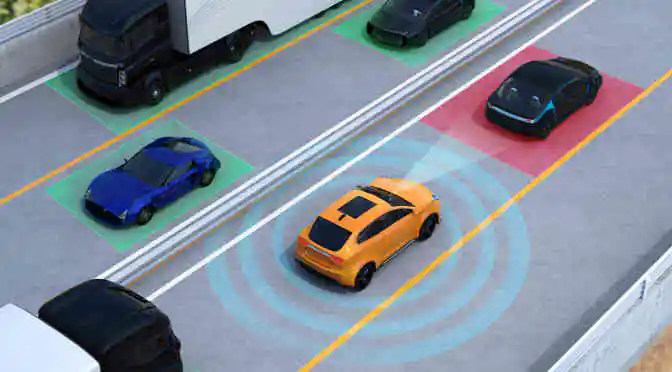Automakers and technology architects are teaming up in the race to launch fully-automated cars in the global market and the world is finally on the verge of a phenomenal automotive revolution that will drastically change the notion of personal mobility. Manufacturers of autonomous cars are set to bring software-driven vehicles to indispensable reality, thanks to the innovative software developments by ingenious IT companies. The automotive manufacturers are aiming to launch new technologies to amplify the way an autonomous car works and are set to improve its reliability.
With numerous trendsetting technology companies including Google, Uber, and Tesla putting autonomous vehicles on their near-term roadmaps, the chances of driverless cars hitting the road shortly aren’t mere speculation. However, with all the positive hype across the world in terms of the software that is used to build an autonomous car, it is prudent to recognize the limitations that pose as solid challenges to this technology.
The Roadblocks : Pumping brakes on progression
While developing the technology of the future, companies in automotive and software development are committing to big investments on software, sensors, engineering, power, and computing requirements, as well as on research and development. As a result, the software-driven vehicles are expected to be costly as comparing to the conventional cars. The Tesla Model X equipped with a Level 2 autonomous system costs around USD 82,500 in the US. It can be assumed as to how expensive it will be for consumers that are planning to buy an autonomous car at levels 4 or 5.
Plus, the next generation autonomous car manufacturers will face constraints with the issues concerned with passenger safety. For instance, Tesla, has received several criticisms in the past two years regarding the autopilot mode in their vehicles. Autopilot mode is a feature in Level 2 autonomous cars, and this feature requires minimum human assistance.
Open-source software : Redefining the auto industry
The increasing availability of open-source software is one of the major trends in the global software market for autonomous cars. An open-source software delivers numerous benefits compared to proprietary software with reduced operational costs and increased product quality. Since open-source software is available to the public for customization and editing, the software gets inputs from different sources, making it a huge repository of ideas.
The latest introduction of open-source software has some long-term implications. For instance, in April 2017 Baidu announced Project Apollo, an open-source software platform for its associates in the automotive and autonomous driving market, with a final aim to develop a highly scalable autonomous driving system.
Food for thought? Most definitely.
Market insights aid in unleashing growth opportunities
As technology is constantly advancing, our roads will soon be teeming with software-driven vehicles that utilize a diverse array of sensors and software. Several existing software, developed by some of the big name automotive manufacturers and IT companies are delivering a range of automation for a wide variety of vehicles. And, the innovation is near constant and attracting more and more players from around the world.
While a wide range of opportunities is expected to spur the exponential growth in this industry, some serious queries with regards to passenger safety and cost of operation are likely to play spoilsport in the global software market for autonomous cars. Technavio’s market insights offer vendors comprehensive, predictive information to anticipate these challenges, and a wide selection of current and emerging trends to help them formulate a productive and scalable business strategy. For starters, a FREE sample of this report can be downloaded herein.



